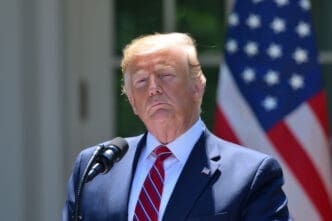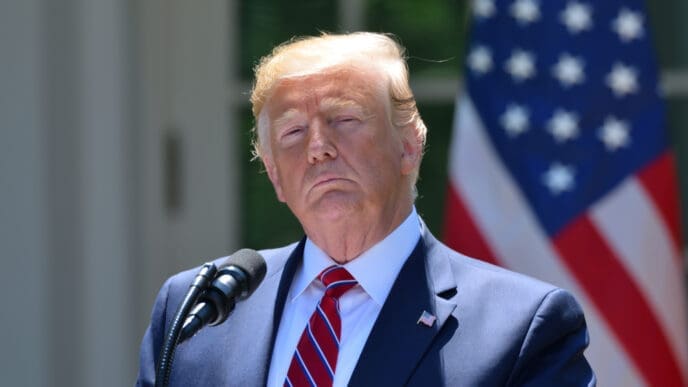Executive Summary
The Story So Far
Why This Matters
Who Thinks What?
The Trump administration is reportedly considering deporting Kilmar Abrego Garcia to Uganda in the coming days, according to a notice from a Department of Homeland Security official sent to his lawyers. This development occurred minutes after Garcia’s release from criminal custody, where he faces federal charges, and despite a previous court ruling requiring 72 business hours’ notice for such a deportation.
Deportation Notice and Legal Context
The notice indicated that deportation could commence no sooner than 72 hours after its issuance, excluding weekends. This follows earlier hints from administration officials about the possibility of deporting Garcia to a third country, though it was previously unclear if his trial on federal charges would conclude first.
A US District Judge’s ruling last month mandated that officials provide Garcia and his legal team with 72 business hours’ notice before any deportation to a third country. This ruling was specifically put in place to allow time for Garcia to present claims of torture or persecution.
Plea Deal Negotiations
Garcia’s lawyers also revealed that the government had attempted to negotiate a plea deal. Under this proposed agreement, Garcia would plead guilty to two federal charges and, upon serving any sentence, be deported to Costa Rica.
The government of Costa Rica had offered to accept Garcia as a refugee or grant him some form of legal status. This offer was renewed Friday evening, with Garcia’s lawyers setting a deadline of Monday morning for him to accept the plea deal.
Lawyers’ Allegations of Vindictive Prosecution
Garcia’s legal team has argued that these offers demonstrate the government’s intent to punish him for challenging an earlier deportation that they claim was wrongful. They have characterized the government’s actions as vindictive and selective prosecution, seeking the dismissal of the case.
The ongoing legal battle highlights the complexities of immigration and criminal justice proceedings under the Trump administration, with Garcia’s lawyers continuing to challenge the government’s actions as potentially punitive.














